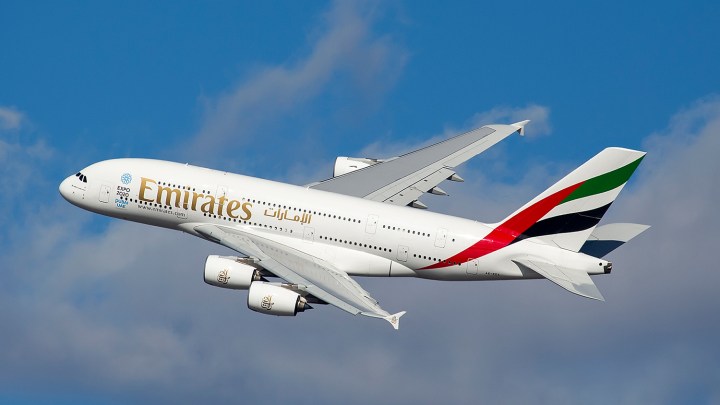
Airbus has announced it will stop making the A380, the world’s largest passenger plane. The final one will roll off the production line in 2021.
Distinctive for its double-decker design and sheer enormity, the plane has proven popular with those who fly on it, but sadly not so popular with airlines that consider it pricey and now prefer smaller, more efficient aircraft built by both Airbus and Boeing.
The European aviation giant still has orders to fill, but not enough to justify long-term production.
The massive A380
The A380 has a wingspan of 80 meters (262 feet) and is 73 meters (239 feet) long. Depending on how an airline configures it, the aircraft can carry as many as 850 passengers, though most carriers fit it with a mixture of seat types, bringing the number down to just over 500.
Its large size means buyers can fit a range of facilities inside if they wish — think bars, duty-free stores, beauty salons, and the like. Etihad Airways puts entire apartments inside some of its A380 aircraft. The Residence, as Etihad calls the luxurious space, includes a bedroom, a lounge area, and an ensuite shower room.
When it comes to the A380, there’s one thing all passengers agree on (whether they’re in a seat or a luxury suite), and that’s just how little engine noise enters the cabin. An early story about the plane even had pilots complaining that the lack of engine noise prevented them from sleeping in the crew rest area because all they could hear were “crying babies, flushing toilets, and call bells.”
Shifting market
Airbus had bet on carriers acquiring the A380 for busy routes between major hubs, but the market shifted instead toward airlines preferring smaller, more economical planes to transport passengers around the world.
The manufacturer has so far delivered 234 of the super-jumbos, considerably fewer than the 1,200 it expected to sell when the plane launched with Singapore Airlines back in 2007. UAE-based Emirates has been the biggest buyer of the A380, but it recently slashed a new order from 162 to 123 aircraft, sounding the death knell for the plane.
Around 16 airlines fly the A380, among them British Airways, Lufthansa, and Qantas. No U.S. carrier uses the aircraft, though other airlines fly the plane to airports in Los Angeles, New York City, and Miami, among other U.S. cities.
Airbus CEO Tom Enders described the decision to end production of the plane as a “painful” one, adding, “We’ve invested a lot of effort, a lot of resources, and a lot of sweat into this aircraft.”
But he said the company needed to be realistic, explaining that “with the decision of Emirates to reduce orders, our order backlog is not sufficient to sustain production.”
Fans of the giant aircraft will be pleased to know that it won’t be disappearing from the skies anytime soon, as it’s expected to keep flying for many years after production ends in two years’ time.


